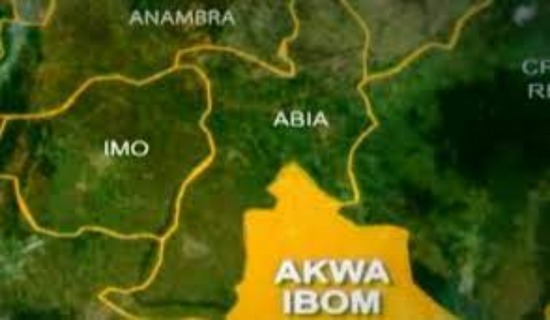Ex-Gov Attah Criticizes Nigeria’s Federal System Over Power Distribution Challenges
 Former Akwa Ibom Governor, Obong Victor Attah, has once again expressed his frustrations with Nigeria’s federal system, specifically highlighting the challenges he faced in trying to provide consistent power supply to Akwa Ibom State during his tenure. Attah, who served as governor from 1999 to 2007, recalled his efforts to generate power from the Akwa Ibom power plant, only to be hindered by a federal arrangement that limited states’ autonomy.
Former Akwa Ibom Governor, Obong Victor Attah, has once again expressed his frustrations with Nigeria’s federal system, specifically highlighting the challenges he faced in trying to provide consistent power supply to Akwa Ibom State during his tenure. Attah, who served as governor from 1999 to 2007, recalled his efforts to generate power from the Akwa Ibom power plant, only to be hindered by a federal arrangement that limited states’ autonomy.
Speaking as a guest on Inside Sources with Laolu Akande, Attah explained how his initiative to build a power station in Akwa Ibom was ultimately stifled by federal regulations. Despite building the station using state funds, the federal government imposed a law preventing the state from distributing the generated electricity, forcing it into the failing national grid instead. He lamented, “I wanted to give Akwa Ibom State power, but the president said no, and I was forced to feed it into a grid that was constantly collapsing.”
Attah’s comments echoed a broader critique of Nigeria’s constitutional structure, which he argues is flawed and authoritarian, having been imposed by the military. He emphasized the need for a new constitution that would allow for true federalism, enabling federating units like Akwa Ibom to manage their own resources without federal interference. “If we had a true federal constitution, this wouldn’t have happened,” Attah stated, pointing to the challenges of a centralized system that limits the powers of state governments.
The former governor also reflected on recent statements by Dr. Ngozi Okonjo-Iweala, who advocated for decentralizing power generation and distribution in Nigeria. He expressed his agreement with the call, saying his efforts to do so during his time as governor were thwarted by the country’s faulty federal arrangement.
However, Attah noted a positive shift with the recent amendment to the Electricity Act 2023, which grants states more autonomy in power generation, distribution, and regulation. He praised the Akwa Ibom state government’s current efforts to establish its own power company, which he believes will ensure the state can meet the energy needs of its people.
Attah’s reflections come as Nigeria continues to struggle with chronic power supply issues despite the privatization of the electricity sector. The country faces significant challenges in power generation, transmission, and distribution, exacerbated by policy inconsistencies and operational difficulties. The government’s efforts to open up the sector by granting state-level licenses for power plants and distribution have been viewed as a step toward boosting industrialization and productivity in the country.













